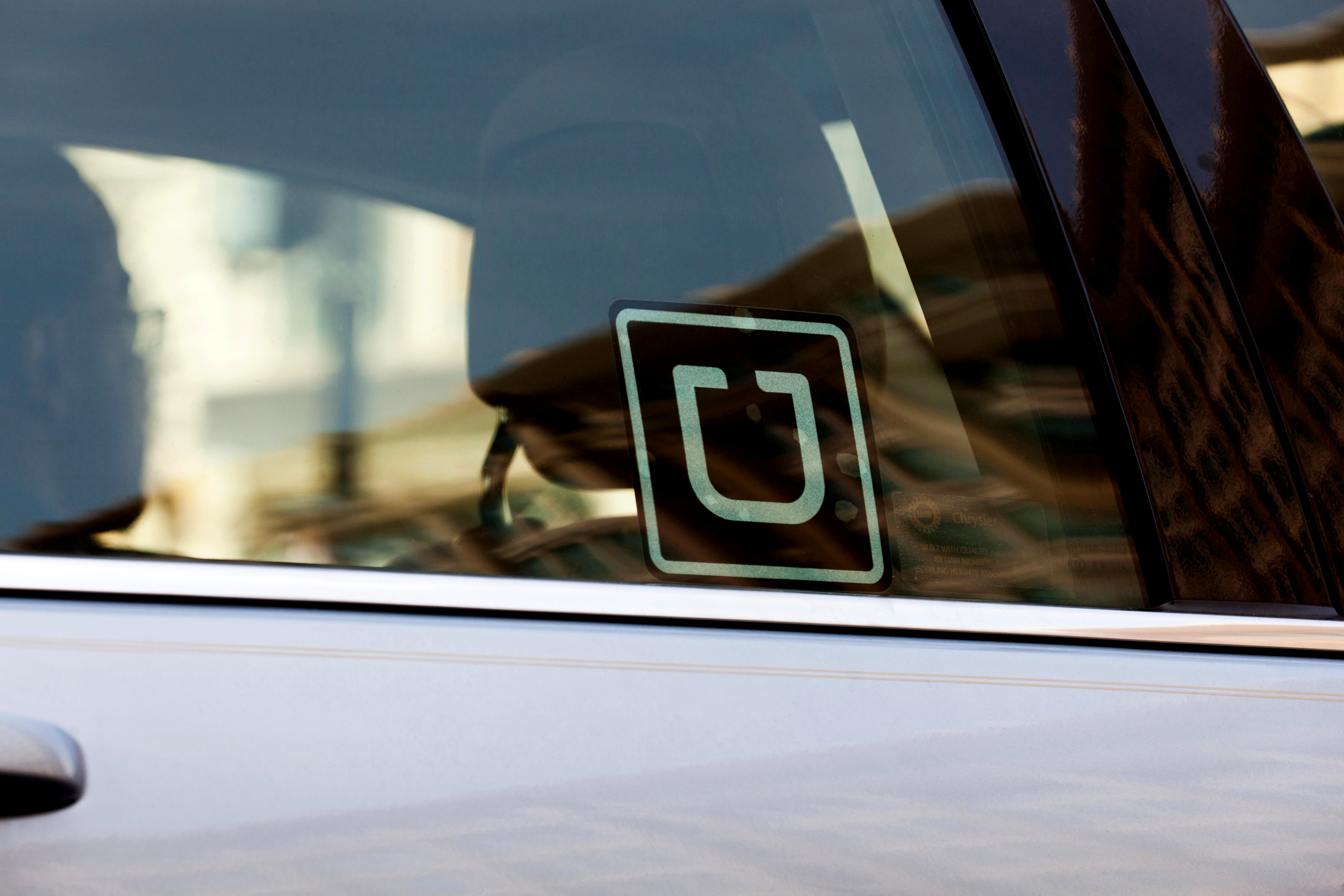Is the gig economy overblown?
Data released by the Bureau of Labor Statistics suggest that "there is no dramatic shift away from traditional employment"

A free daily email with the biggest news stories of the day – and the best features from TheWeek.com
You are now subscribed
Your newsletter sign-up was successful
The smartest insight and analysis, from all perspectives, rounded up from around the web:
"Everything we thought we knew about the gig economy is wrong," said Dan Kopf and Alison Griswold at Quartz. For years, economists and pundits have fretted that the "conventional 9-to-5 job is dying out," replaced by an economy dominated by independent contractors, freelancers, and temp workers summoned by smartphone apps. But data released by the Bureau of Labor Statistics last week "threw that narrative out the window." The share of Americans working in "alternative" work arrangements "is shrinking rather than rising" — from 10.9 percent in 2005 to 10.1 percent last year. The figures "baffled economists"; multiple independent studies have estimated soaring gig-economy growth. You'd expect that flexible-work apps such as Uber or TaskRabbit "would have much more significantly changed the workforce," said Danielle Paquette and Heather Long at The Washington Post. But the numbers suggest that while certain fields, such as transportation, may be changing, "there is no dramatic shift away from traditional employment."
It's entirely possible that the latest statistics "understate real changes in the nature of work," said Ben Casselman at The New York Times. The government's numbers, "by design, do not include people who do gig or freelance work in addition to traditional jobs." They also don't fully capture new types of income-generating activities, such as renting out a spare room on Airbnb. Nor do the numbers reflect other profound labor force shifts that have left "many American workers with less security and fewer opportunities for advancement." Many large companies, for instance, now outsource tasks such as cleaning or computer programming to temp workers or third-party vendors. Those workers typically receive lower wages and fewer benefits but are rarely "counted as alternative workers under the government's definition." The very diversity of "nontraditional" work today — from people who sell crafts on Etsy in their spare time to Lyft drivers to highly paid freelancers — makes the sector "increasingly difficult to quantify," said Ruth Reader at Fast Company. But many of us have a side hustle: A recent survey estimated 57.3 million Americans perform some form of freelance work. Perhaps it's time for the government statisticians to "start asking different questions."
The Week
Escape your echo chamber. Get the facts behind the news, plus analysis from multiple perspectives.

Sign up for The Week's Free Newsletters
From our morning news briefing to a weekly Good News Newsletter, get the best of The Week delivered directly to your inbox.
From our morning news briefing to a weekly Good News Newsletter, get the best of The Week delivered directly to your inbox.
The data did unearth "some revealing shifts," said Katia Dmitrieva at Bloomberg. Of the 10.6 million independent contractors today, a majority were men and a third were over 55, suggesting aging baby boomers are looking to "supplement incomes," or find flexible jobs preferable. Indeed, nearly four out of five independent contractors said they prefer contracting to 9-to-5 work. That's in stark contrast to the 5.9 million on-call and temporary workers, who skewed younger and were more likely to be African-American or Hispanic. Of that group, 55 percent said they'd prefer to hold a traditional full-time job. "That may be part of the reason why the numbers came in so low," said Lydia DePillis at CNN. There are now more open positions than unemployed Americans. "With so many regular jobs available," there's less need to take a gig without a consistent paycheck.
A free daily email with the biggest news stories of the day – and the best features from TheWeek.com
-
 Why is the Trump administration talking about ‘Western civilization’?
Why is the Trump administration talking about ‘Western civilization’?Talking Points Rubio says Europe, US bonded by religion and ancestry
-
 Quentin Deranque: a student’s death energizes the French far right
Quentin Deranque: a student’s death energizes the French far rightIN THE SPOTLIGHT Reactions to the violent killing of an ultraconservative activist offer a glimpse at the culture wars roiling France ahead of next year’s elections
-
 Secured vs. unsecured loans: how do they differ and which is better?
Secured vs. unsecured loans: how do they differ and which is better?the explainer They are distinguished by the level of risk and the inclusion of collateral
-
 The pros and cons of noncompete agreements
The pros and cons of noncompete agreementsThe Explainer The FTC wants to ban companies from binding their employees with noncompete agreements. Who would this benefit, and who would it hurt?
-
 What experts are saying about the economy's surprise contraction
What experts are saying about the economy's surprise contractionThe Explainer The sharpest opinions on the debate from around the web
-
 The death of cities was greatly exaggerated
The death of cities was greatly exaggeratedThe Explainer Why the pandemic predictions about urban flight were wrong
-
 The housing crisis is here
The housing crisis is hereThe Explainer As the pandemic takes its toll, renters face eviction even as buyers are bidding higher
-
 How to be an ally to marginalized coworkers
How to be an ally to marginalized coworkersThe Explainer Show up for your colleagues by showing that you see them and their struggles
-
 What the stock market knows
What the stock market knowsThe Explainer Publicly traded companies are going to wallop small businesses
-
 Can the government save small businesses?
Can the government save small businesses?The Explainer Many are fighting for a fair share of the coronavirus rescue package
-
 How the oil crash could turn into a much bigger economic shock
How the oil crash could turn into a much bigger economic shockThe Explainer This could be a huge problem for the entire economy